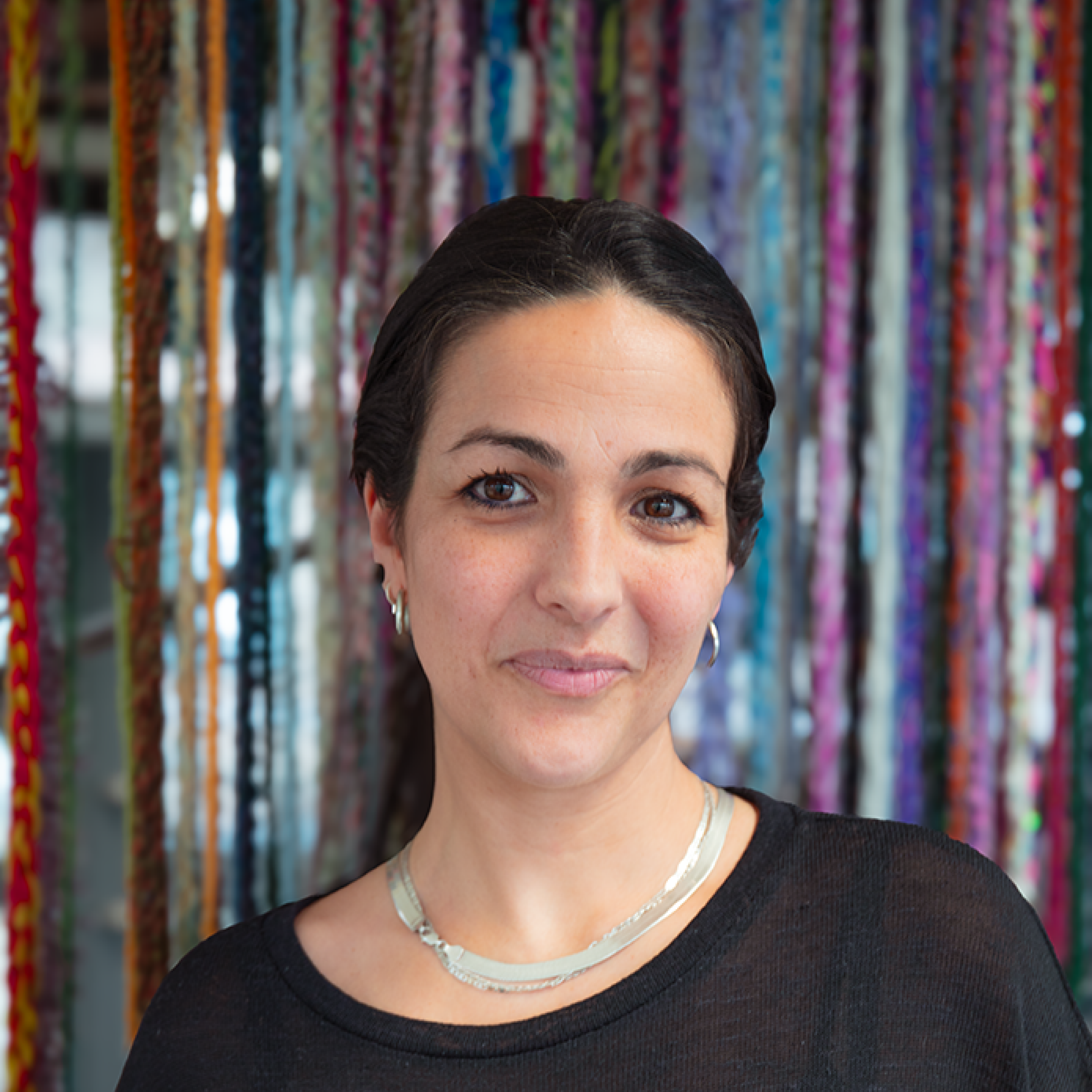This project focusses on advanced technologies in zero waste knitted garment manufacturing, involving collaborative design of sustainable knitted adaptive apparel for children and young people with complex sensory and educational needs.
Through co-design, their aim is to identify the specific needs of individuals in order to design bespoke knitted garments to address their individual sensory regulation needs.
Their yarn, fibre and material research will address net zero goals by testing regenerated and recyclable yarns, sustainable yarn standards, and low emission spinning in the design development and to follow principles of circularity in the product lifecycle, complementing traditional medical needs garment design decisions.
Their research will use 3D virtual sampling methods to address time and cost savings and design and fit development, potentially offering design features such as seam rib cuff free socks, open necklines, seamless construction and adaptable trims and internals as a starting point.
The project aims to align technological research with solutions to intangible complex problems, such as sensory overstimulation and individual sensory regulation and increase diversity in the design of practical approaches to clothing, mindful of transition to zero waste production methods.
Ultimately this research aims to serve as a catalyst for transforming the adaptive fashion landscape, encouraging more research in the discipline of sustainability and adaptive garments and contributing to new benchmarks in the fashion industry.

